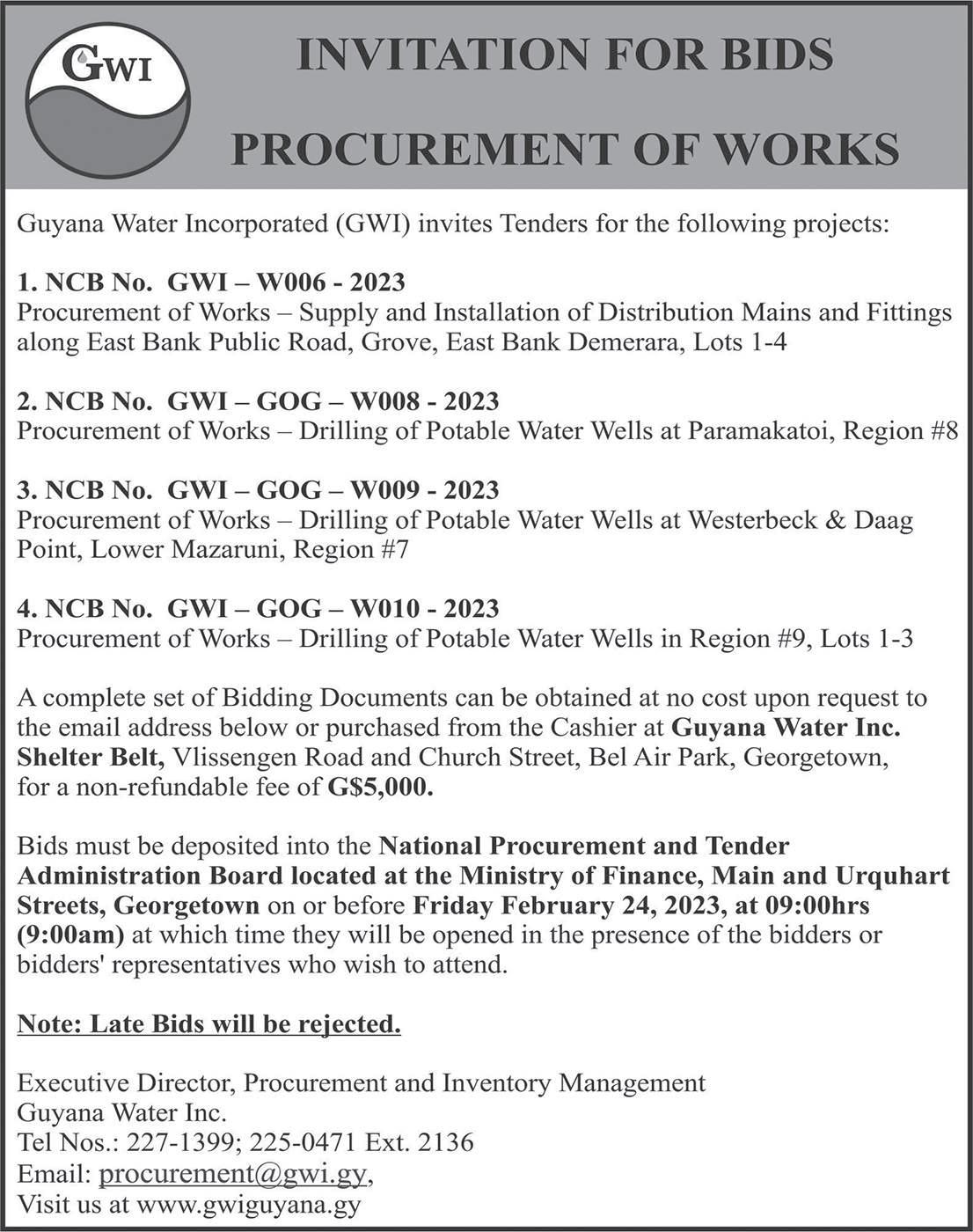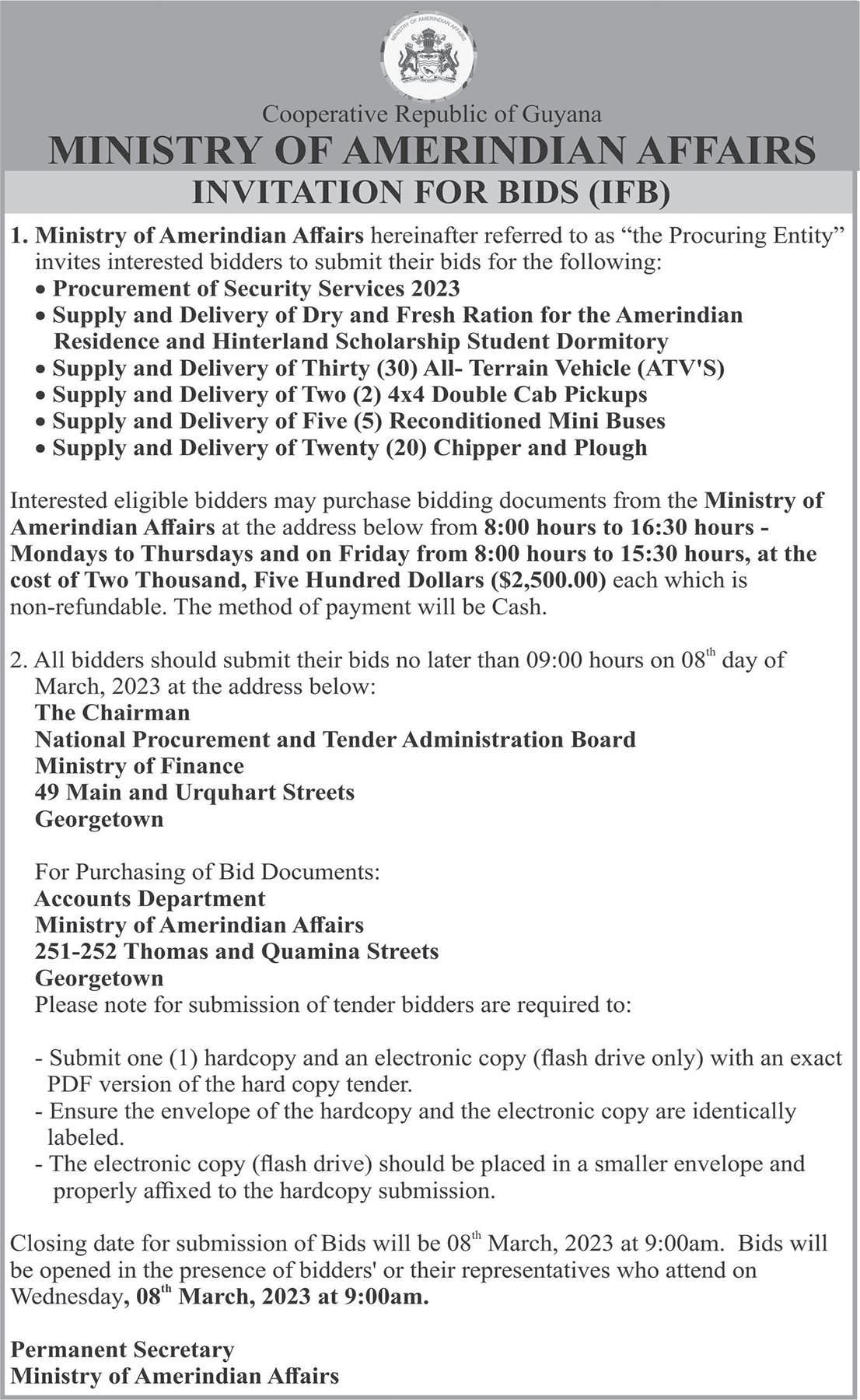
3 minute read
EPA and noise management
Many people, especially noisemakers, are quick to think of noise as a by-product of recreation, their livelihood, or give no thought to it at all. Often, it’s the neighbor who is trying to sleep after a long day, or is desirous of having some quiet family time, that would raise an alarm or file a complaint with the relevant authorities. Whether we like it or not, noise is all around us, and sources of noise are ever present. Situations involving noise nuisances/disturbances often escalate when they becomes a regular feature.
Effects of noise on health
Frequent exposure to noise can have serious impacts on human health which include but are not limited to: increased heart rate leading to elevated blood pressure, sleep deprivation,hearing impairment, headaches and migraines, psychological triggers for people with PTSD, anxiety etc.
Noise also affects animals by disrupting migratory patterns, causing inability to hear and escape from predators, and abandonment of territory, and loss of ability to reproduce.
What is acceptable when it comes to noise?
The Environmental Protection Agency (EPA) has a duty under the Environmental Protection Act, Chapter 20:05, Laws of Guyana, and the Noise Management Regulations 2000, to control and prevent pollution, and set standards for what is scientifically acceptable when it comes to exposure to noise. The Noise Management Regulations established in 2000 fixed standards and gave the Agency enforcement powers for noise management.

Activities producing noise from construction, installation, operation, modification or extension of any facility must be authorized. Anyone who wishes to operate a loudspeaker or any other sound-making device or equipment at a public space (e.g. open- air concerts, weddings, barbecues, shows, nightclubs, fairs, etc.) or at any private premises must seek permission from the Environmental Protection Agency (EPA). Depending on the nature of the activity, the EPA grants two types of noise permits - Noise Permit (Short Term, which are for activities such as open- air concerts, weddings, barbecues,etc.) and an Environmental Authorisation (which includes night clubs, restaurants, etc).
What you need for a Short Term Noise Permit
Proof of event
Affidavit
Proof of rental (if you are renting the space)
$20US fee (or that which is equivalent to the daily exchange rate at Bank of Guyana)
Proof of ID of applicant
Completed application form
Noise Management Task Force
The Ministry of Home Affairs, through the Commissioner of Police , took the initiative to establish an Inter-Agency Task Force to combat noise nuisance. The unit was established following the signing of the Memorandum of Agreement on May 16, 2022, “having recognised the right of citizens to live in an atmosphere of peace and tranquility, and free from undue discomfort.”
With the efforts of officers of the Guyana Police Force and the EPA, the main goal of the Task Force is to ensure greater enforcement of the laws/ regulations on noise nuisance, which in turn will reduce the discomfort caused by noise pollution across the country.
The key objectives of the Task Force are: enforcing existing (or create new) rules governing codes for all establishments that cater for the use of amplified sound equipment; enforcing silent zones; eliminating the emission of loud music in public transport vehicles; recommending adjustments to laws that allow the use of available technology to establish and measure noise levels for the purpose of compliance and prosecution; curbing random and spontaneous open air and roadside “boom boxes”; and examining complaints made about industrial noise and taking necessary action as deemed fit to eliminate or reduce the level of noise discomfort. Equipping officers to tackle noise
The Agency continues its collaboration with the Guyana Police Force to provide capacity building through training on Noise Management with officers of the Force. The training sessions were designed to build the technical capacity of Police Officers to respond to noise pollution reports from the public, and to aid in the Court’s prosecution process of offenders. Police Officers were trained in the areas of EPA law, nature of evidence and footage for noise nuisance, including the use of the decibel noise meter. The Agency has not only equipped 386 Officers of the Force with Regions 2, 3, 4,5,6,7,9 and 10 with the knowledge and tools to manage and respond effectively to noise related complaints, it has also presented fifteen (15) sound level meters to the Force in 2022 for in the field use and evidence collection.
You can share your ideas and questions by sending letters to: “Our Earth, Our Environment”, C/O Communications Department, Environmental Protection Agency, Ganges Street, Sophia, GEORGETOWN, or email us at: eit. epaguyana@gmail.com. Follow us on Facebook and Instagram and subscribe to our YouTube channel.
The views expressed in this column are the author’s own and do not necessarily reflect Guyana Times’ editorial policy and stance











